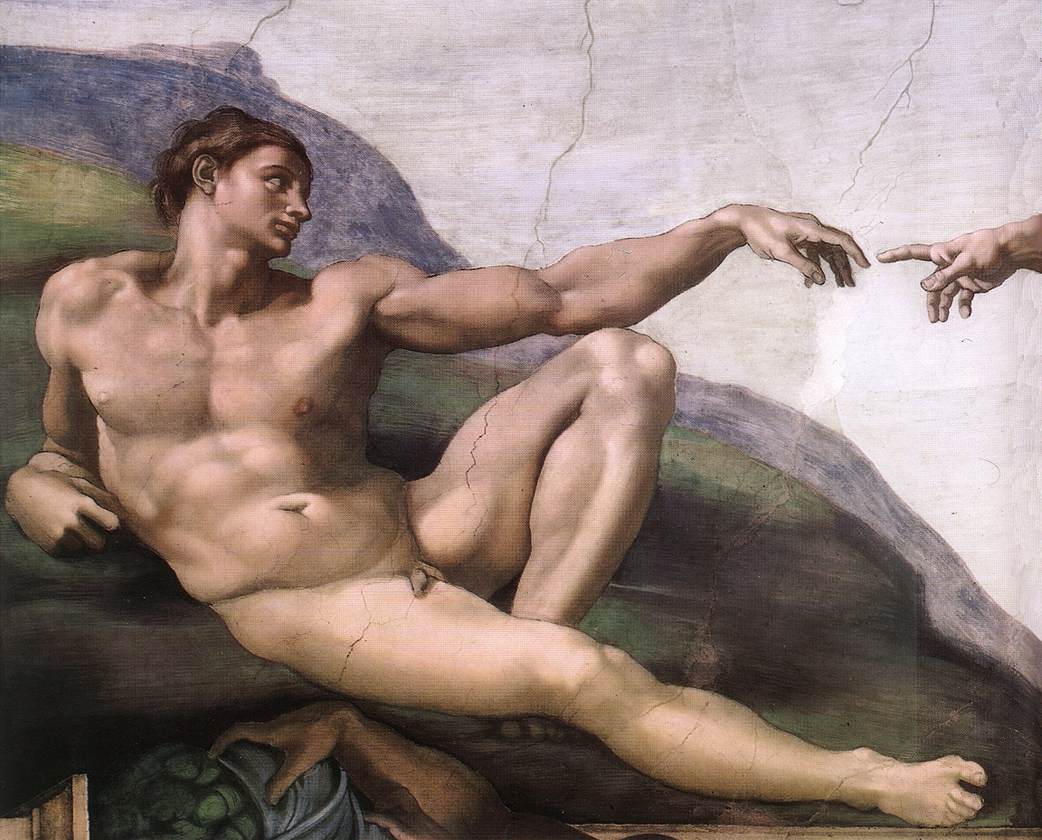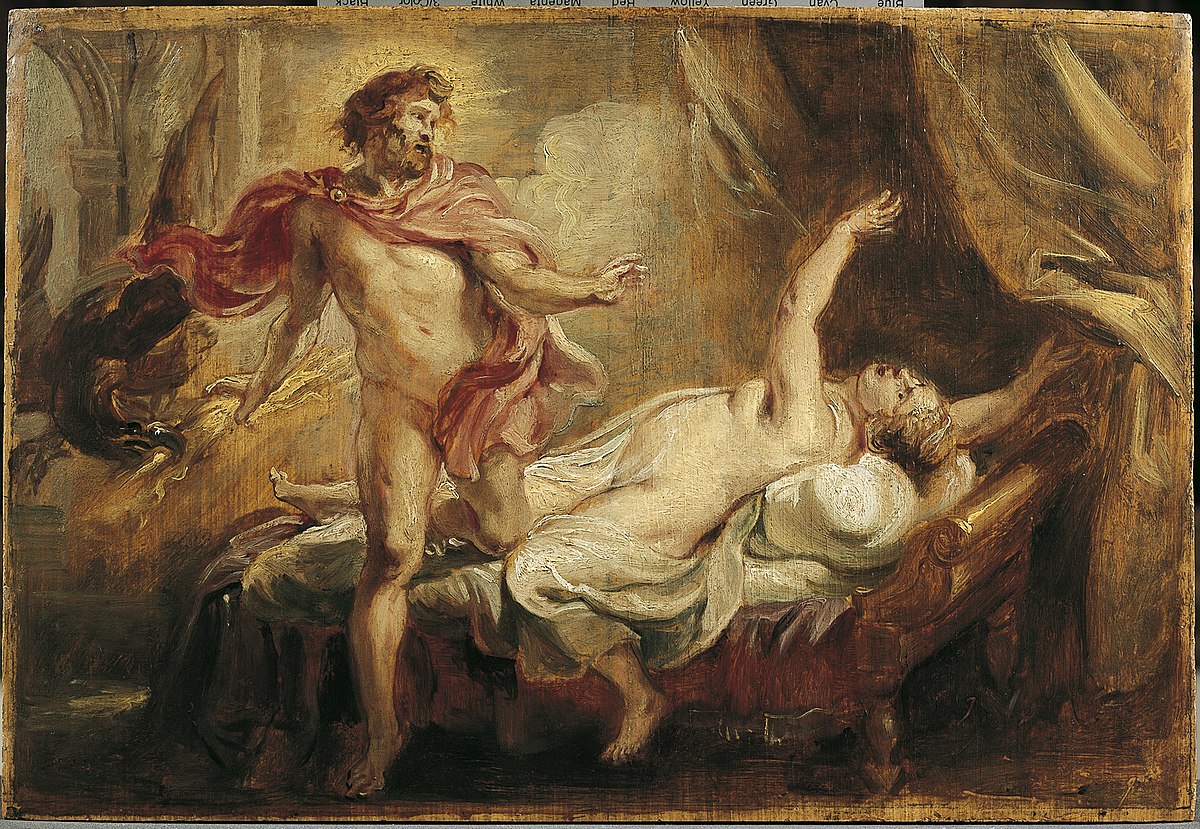This isn't what just Christian believe. It's what the Jewish scholars say as well: jewishencyclopedia.com/articles/14363-theophany
THEOPHANY:
Table of Contents
Manifestation of a god to man; the sensible sign by which the presence of a divinity is revealed. If the word is taken in this sense, and the passages which merely mention the fact of a revelation without describing it are separated from those which speak of the "angel of God," only four theophanies will be found in the Bible. Kautzsch (in Herzog-Plitt, "Real-Encyc." xv. 538) interprets the term in a broader sense, and divides theophanies into three classes, as follows: (1) those related as historical facts; (2) those which are the subjects of prophetic vision or annunciation; and (3) those which consist in purely poetic fancy. This classification may be applied to the four theophanies. The Sinaitic revelation is historical; the passages relating the divine inspiration of Isaiah (Isa. vi.) and of Ezekiel (Ezek. i.) represent subjects of prophetic vision; and Ps. xviii. 4-16 is poetic description.
The Sinaitic Theophany.
The Sinaitic revelation is related in calm, simple language in Ex. xix. 16-25. The manifestation is accompanied by thunder and lightning; there is a fiery flame, reaching to the sky; the loud notes of a trumpet are heard; and the whole mountain smokes and quakes. Out of the midst of the flame and the cloud a voice reveals the Ten Commandments. The account in Deut. iv. 11, 12, 33, 36 and v. 4, 19 is practically the same; and in its guarded language it strongly emphasizes the incorporeality of God. Moses in his blessing (Deut. xxxiii. 2) points to this revelation as to the source of the special election of Israel, but with this difference: with him the point of departure for the theophany is Mount Sinai and not heaven. God appears on Sinai like a shining sun and comes "accompanied by holy myriads" (comp. Sifre, Deut. 243). Likewise in the song of Deborah the manifestation is described as a storm: the earth quakes; Sinai trembles; and the clouds drop water. It is poetically elaborated in the prayer of Habakkuk (Hab. iii.); here past and future are confused. As in Deut. xxxiii. 2 and Judges v. 4, God appears from Teman and Paran. His majesty is described as a glory of light and brightness; pestilence precedes Him. The mountains tremble violently; the earth quakes; the people are sore afraid. God rides in a chariot of war, with horses—a conception found also in Isa. xix. 1, where God appears on a cloud, and in Ps. xviii. 11, where He appears on a cherub.
In Isaiah and Ezekiel.
Isaiah and Ezekiel receive their commissions as prophets amid glorious manifestations of God. Isaiah supposedly sees God on a high and lofty throne. In reality, however, he sees not Him but only His glorious robe, the hem and train of which fill the whole temple of heaven. Before the throne stand the seraphim, the six-winged angels. With two wings they cover their faces so as not to gaze on God; with two they cover their feet, through modesty; and with the remaining two they fly. Their occupation is the everlasting praise of God, which at the time of the revelation took the form of the thrice-repeated cry "Holy!" (Isa. vi.).
Boy oh boy, that's not saying anything about messengers or emissaries, is it? That is from here, not a Christian site, but a Jewish site: jewishencyclopedia.com/articles/14363-theophany
Not according the Jewish site about theophanies I just cited for you. Maybe you're right and they're wrong about what they believe and teach?
Do you see how it makes no sense to say it's not God manifesting in a form? Your argument isn't with me. It's with those of your own religion.


